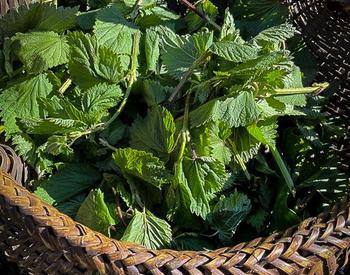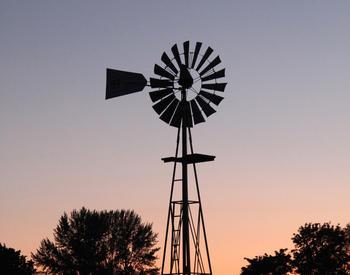CORVALLIS, Ore. – It was a classic cold and wet winter evening in Oregon’s Willamette Valley, but the mood was festive inside Max’s Food and More restaurant.
As a group of about 60 people finished dinner, the duo Chayag lifted spirits with Andean folk music. Some people started dancing to the rhythms and melodies of Chayag’s siku (Andean pan flute) and charango (similar to a guitar). Children whispered to each other and giggled.
They had come to attend a town hall-style vaccination information event hosted by Oregon State University Extension Service as part of its EXCITE project, which provides outreach to improve confidence in COVID-19 vaccines among the state’s Latino population.
EXCITE stands for Extension Collaboration on Immunization Teaching and Engagement, a national partnership of the Centers for Disease Control and Prevention and the Extension Foundation, a non-profit partner of cooperative Extension that has a long-term goal to strengthen immunization education. In 2021, OSU Extension received two EXCITE grants totaling about $225,000 to coordinate statewide educational efforts and to focus specifically in Benton, Lincoln, Linn, Hood River and Wasco counties.
After Chayag finished its set and everyone returned to their seats, Mario Magaña Alvarez addressed the crowd in Spanish. Magaña Alvarez, an OSU EXCITE co-leader who has deep ties to the Latino community in the mid-Willamette Valley, is an associate professor and state outreach specialist with OSU Extension’s 4-H Youth Development Program.
He introduced the guest speaker: Gary Arfstrom, a licensed professional counselor based in Hillsboro. Arfstrom is one of several professionals trained through an Oregon Health Authority funded partnership called Building Immunity by Building Communities, which provides expert information about COVID-19 in community settings.
Other partners in Building Immunity by Building Communities are the Oregon Academy of Family Physicians, Boost Oregon and the Oregon Rural Practice-based Research Network of the Oregon Health and Science University.
Speaking in Spanish, Arfstrom told personal stories of how he’s been affected by COVID-19, including getting sick himself. He addressed the power of misinformation.
“There are millions of pages of misinformation and valid information about vaccinations and COVID on the internet,” he said. “What's important, and not easy to do, is to discern between the two, keep the conversations open, and revisit long-held beliefs about our healthcare."
Arfstrom told the group that being vaccinated and boosted protects family members, specifically elders. Afterward, he said that Latinos and other underserved groups are justifiably suspicious of people telling them to get vaccinated.
“I just want to help them look at vaccinations differently,” he said. “I want to help people feel more comfortable about their decisions.”
Based on surveys completed afterward by attendees, the town hall was successful, with many responding that they learned more about vaccines than they had understood previously, according to Roberta Riportella, a professor and Extension specialist in the OSU College of Health who serves as a principal investigator on the EXCITE grants.
Comfortable environments
This event, with music and culturally appropriate food to encourage attendance, “created an environment specifically designed for comfort around potentially confusing and uncomfortable questions,” Riportella said.
“One of the best things about events like these that bring Latinos together is that the credible messages folks learned here are expected to ripple throughout these Latino families and the larger networks they share,” she said.
EXCITE has held several outreach events in concert with the Mexican consulate’s Portland office, and in the consulate’s mobile clinics around the state, where people show up to complete important legal paperwork.
EXCITE has also participated in other outreach events including the consulate-sponsored annual Latino health fair. At many of these events sponsors partner with local health authorities or health providers to offer on-site vaccination. EXCITE team members are there to provide information, answer questions and direct folks to the vaccination tents.
Better understanding of boosters
“Interestingly, we have heard at focus groups and outreach events from Latinos who are excited and proud to tell us that they are vaccinated, though it is also apparent that they do not understand that without a booster shot they are not up to date nor more fully protected from serious illness,” Riportella said. “A few within this group are showing signs of vaccine exhaustion while others simply don’t understand the need for additional shots. Our job of giving accurate information on how important it is to stay up to date with boosters is not over.”
That’s why sharing credible vaccine information is just as important now as it was in the spring of 2020 when COVID-19 reached the United States, Riportella said.
“The good news is that 82% of Oregon’s Latino adult population has received at least one dose of a COVID vaccine and this compares favorably to 86.3% of Oregon’s overall population,” Riportella said. “However, very few are getting COVID boosters. This includes our Latino population, which has a boosted rate of only 10% compared to 21% for the state’s population as a whole. This is unfortunate since COVID and all of its new variants are very much still with us and we know that immunity to COVID wanes over time. Those a year out or more from their last shots are not showing much immunity, especially to the new variants.”


















